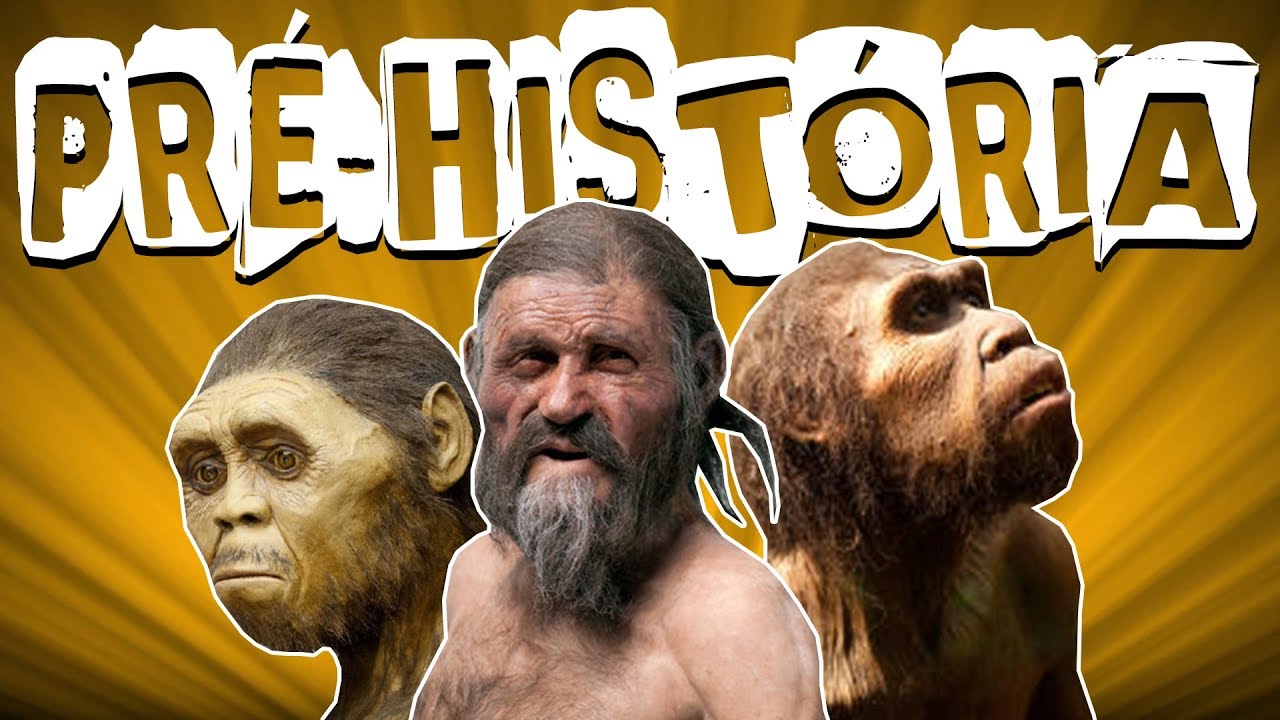Birth of Civilization Part 2
Summary
TLDRThe script narrates a cultural clash between R's clan, nomadic hunters and gatherers, and a settled community over the concept of property. Unable to comprehend ownership, R's clan faces the harsh realities of a nomadic lifestyle, including food scarcity and the inability to digest certain foods. The introduction of domesticated dogs as a potential ally for the nomads leads to a barter scenario, challenging the clan's understanding of trade and ownership.
Takeaways
- 🤔 R and his clan struggle to understand the concept of property, leading to cultural clashes with settled people.
- 🌾 The nomads' shift from a roaming to a settled lifestyle is prompted by the need for a stable food source.
- 🥖 The grains they consume must be crushed into flour using heavy stones, making it impractical for a nomadic lifestyle.
- 🏕 Despite settling, the clan still relies on hunting and gathering for sustenance from a fixed location.
- 🎶 The drawbacks of the nomadic life include scarcity of food reserves during times of nature's stinginess.
- 🍇 Asha, unable to digest a puree of rotting fruit, needs meat for her and her baby's survival.
- 🛡️ In times of trouble, the nomads look to R for leadership and decision-making.
- 🦴 R is unfamiliar with the concept of theft, viewing the act of taking food as gathering.
- 🐕 Dogs, first domesticated far from the village, are seen as a useful ally and a potential barter item.
- 🏘️ The villagers build their social structure around the family rather than the group, unlike R's clan.
- 🎯 The villagers' daily necessity to hunt and gather is contrasted with the idea of farming, which is millennia away.
Q & A
What is the main conflict between R and his clan and the settled people?
-The main conflict arises from the difference in understanding of property and land ownership, as R and his clan, being nomads, have not grasped the concept of owning land or property.
Why do the nomads decide to withdraw from the conflict initially?
-The nomads withdraw because of their inability to comprehend the settled people's concept of property and land ownership, leading to a clash of cultures.
What is the reason behind the settled people's shift from a nomadic lifestyle to a more stationary one?
-The settled people stopped roaming because the grains they consumed had to be crushed into flour using large stones, which were too heavy to carry while constantly moving.
How does the nomadic lifestyle affect the clan's food supply?
-The nomadic lifestyle results in few reserves of food, causing the clan to go hungry when nature is stingy, as they cannot carry large quantities of food with them.
What is Asha's dietary issue and how does it affect her and her baby?
-Asha can no longer digest the puree of rotting fruit and needs meat for herself and her baby. The lack of dried meat poses a problem for her survival.
Why do the nomads turn to R in times of trouble?
-The nomads turn to R because his decisions and actions are crucial for their survival, especially in situations where resources like food are scarce.
What is R's perspective on taking food from the settled people?
-R does not understand the concept of theft; to him, he is simply gathering food, as he and his clan are used to the idea of sharing resources as hunters and gatherers.
How far back in history is farming for the people in the script?
-Farming is several thousand years off for the people in the script, indicating that they are currently living in a pre-agricultural era.
What is the social structure of the settled people compared to R's clan?
-Unlike R's clan, which is built around the group, the settled people build their social cell around the family unit.
What role do dogs play in the lives of the settled people and how were they domesticated?
-Dogs were first domesticated far from the village in Eastern Europe and China and followed the nomads. They serve as a useful ally for the villagers and are skilled hunters.
What is the villagers' proposition to the nomads and how does it relate to the concept of ownership?
-The villagers propose a barter system, offering bows for a dog. This is confusing for the nomads, who do not grasp the concept of ownership, and they must be taught how to barter.
Outlines

Dieser Bereich ist nur für Premium-Benutzer verfügbar. Bitte führen Sie ein Upgrade durch, um auf diesen Abschnitt zuzugreifen.
Upgrade durchführenMindmap

Dieser Bereich ist nur für Premium-Benutzer verfügbar. Bitte führen Sie ein Upgrade durch, um auf diesen Abschnitt zuzugreifen.
Upgrade durchführenKeywords

Dieser Bereich ist nur für Premium-Benutzer verfügbar. Bitte führen Sie ein Upgrade durch, um auf diesen Abschnitt zuzugreifen.
Upgrade durchführenHighlights

Dieser Bereich ist nur für Premium-Benutzer verfügbar. Bitte führen Sie ein Upgrade durch, um auf diesen Abschnitt zuzugreifen.
Upgrade durchführenTranscripts

Dieser Bereich ist nur für Premium-Benutzer verfügbar. Bitte führen Sie ein Upgrade durch, um auf diesen Abschnitt zuzugreifen.
Upgrade durchführenWeitere ähnliche Videos ansehen

Birth of Civilization Part 1

İnsanlık tarihi bir kitaba sığsaydı biz hangi sayfada olurduk?

HISTÓRIA GERAL - A PRÉ-HISTÓRIA DO PALEOLÍTICO A IDADE DOS METAIS.

Kehidupan Masa Prasejarah (Berburu-Meramu, Bercocok Tanam, & Perundagian) - Materi IPS Kelas 7 SMP

The Neolithic Revolution - Mini-Documentary

PALEOLÍTICO e NEOLÍTICO 🏹 HISTÓRIA para crianças 👌🏻 Recopilação
5.0 / 5 (0 votes)
